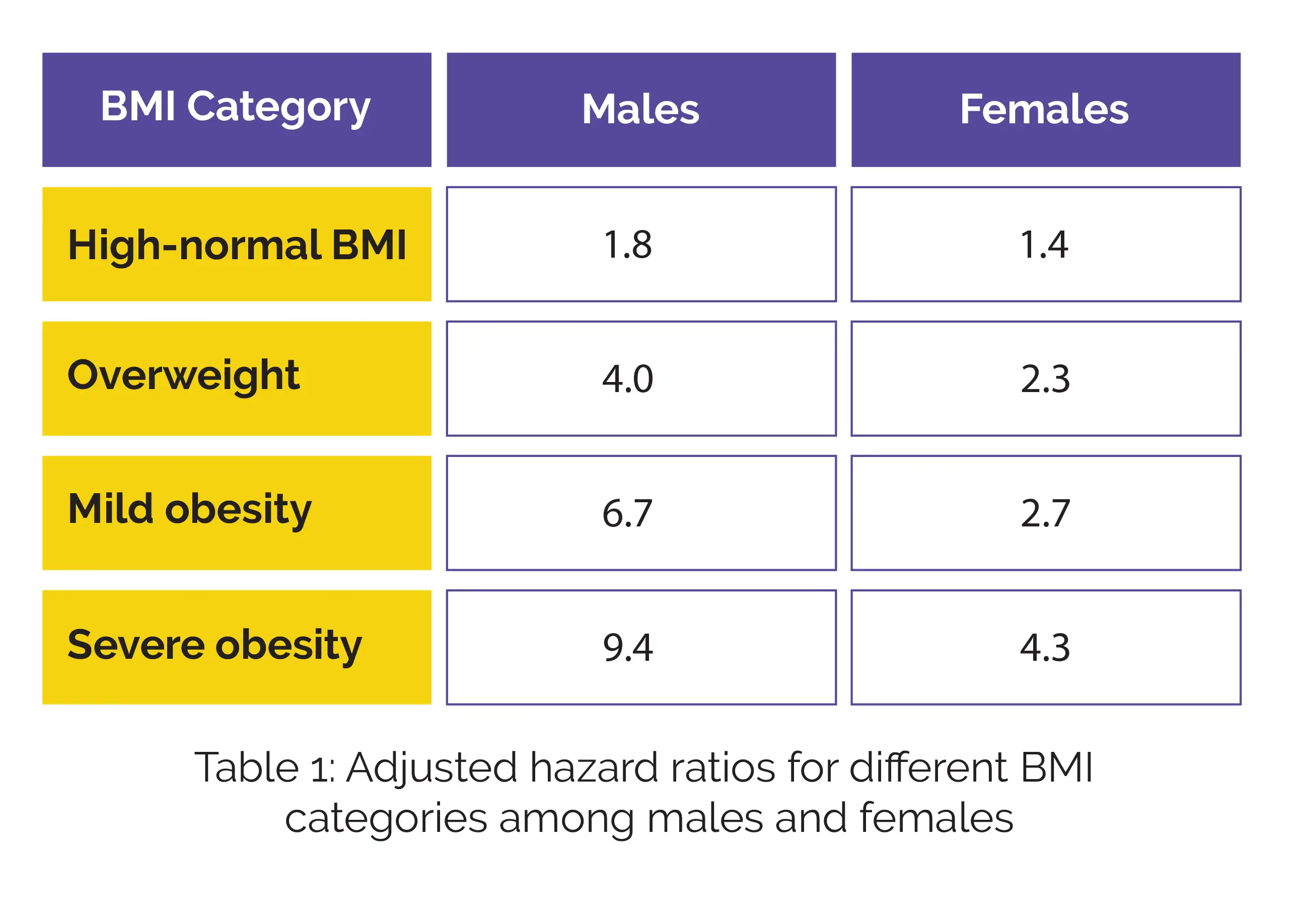Categories
Change Password!
Reset Password!


With rising obesity rates among adolescents, there is a need to understand its long-term effects on kidney health. This study investigated the connection between adolescent body mass index (BMI) and the risk of suffering from early chronic kidney disease (CKD) before age 45.
High body mass index in adolescents is linked to an increased risk of early chronic kidney disease in young adulthood, with a more pronounced risk among those with severe obesity.
With rising obesity rates among adolescents, there is a need to understand its long-term effects on kidney health. This study investigated the connection between adolescent body mass index (BMI) and the risk of suffering from early chronic kidney disease (CKD) before age 45.
This cohort study utilized data from the CKD registry within a national healthcare system. Participants included those aged 16 to 20, exclusions were applied to individuals who had pre-existing kidney issues, albuminuria, hypertension, dysglycemia, or who lacked data on blood pressure or BMI. Follow-up extended from the time of evaluation or January 1, 2000 (whichever occurred last), to early CKD onset, death, loss of insurance, or August 23, 2020 (whichever occurred first).
Out of 629,168 evaluated adolescents, 593,660 were included. During an average follow-up of 13.4 years, 1963 (0.3%) developed early CKD. The observed adjusted hazard ratios were as follows (Table 1):

Similar results were observed in seemingly healthy individuals and those surveyed up to age 30, excluding those with diabetes or hypertension at follow-up.
High BMI during late adolescence is linked with an increased risk of early CKD in young adulthood. This risk is notably more in those with severe obesity. These findings highlight the importance of addressing adolescent obesity and monitoring kidney health in individuals with elevated BMI.
JAMA Pediatrics
Adolescent Body Mass Index and Early Chronic Kidney Disease in Young Adulthood
Avishai M Tsur et. al.
Comments (0)